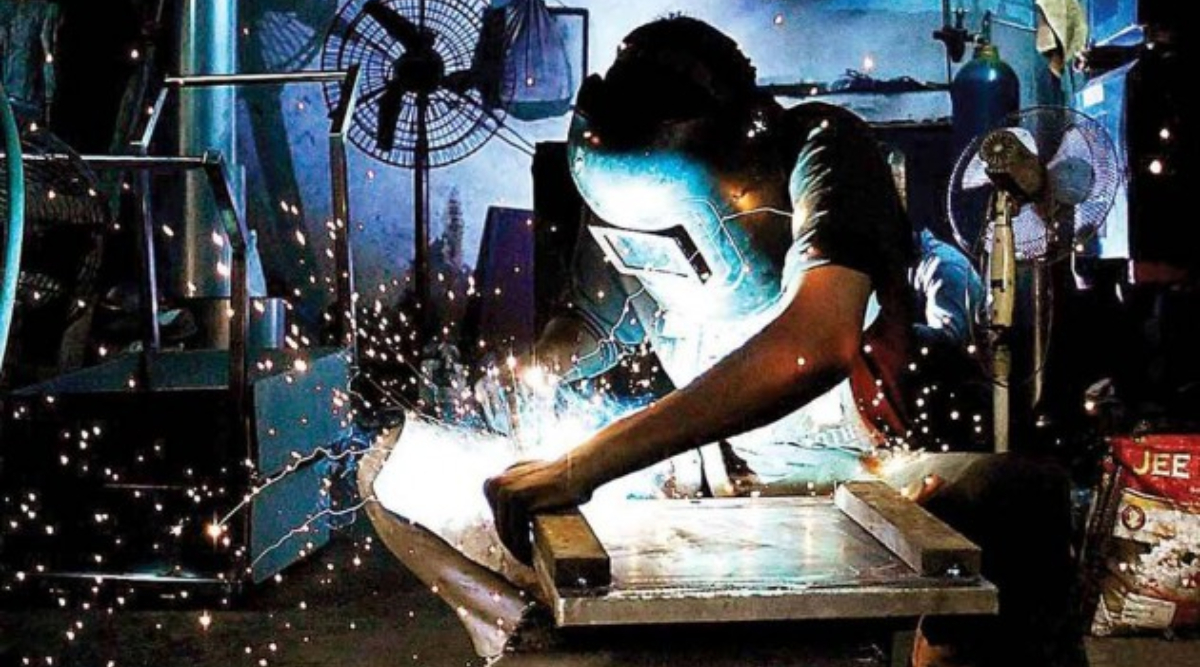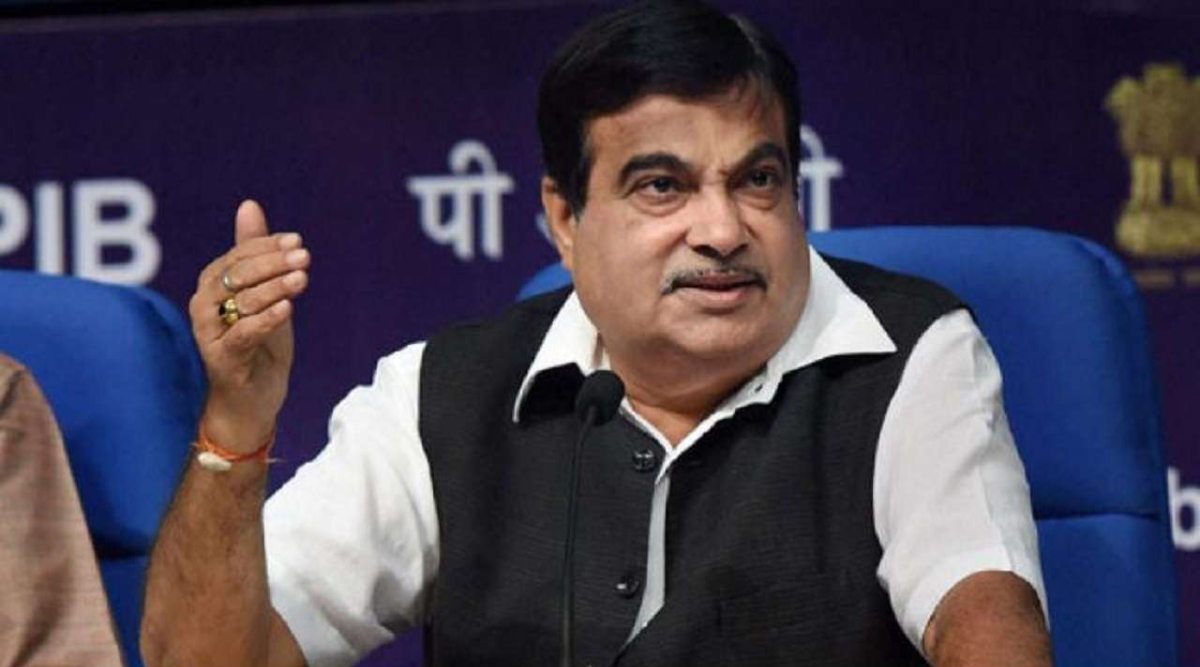With schools and colleges remain closed, thanks to the ongoing pandemic situation in India, online education startups are benefiting immensely as they are trying to fill the gap with online classes and courses.
According to the latest report by Global Market Insights, ‘the e-learning market size surpassed $200 billion and is expected to grow around 8% CAGR by 2026’.
If you have a passion, knowledge, expertise, and fully aware of how to engage your audience, you can make a lot of money with online courses in a very short time. Also, adding an online course to your product suite gives you authority in your industry and enhances your credibility.
It enables you to create a community with similar interests and expands your reach drastically. With more and more people stuck in their homes, this is the best time to fan your passion. But just like it is important to do the market research before starting a new business venture. It is vital to understand why people are purchasing online courses as soon as they go live.
Why people are buying online courses?
Higher education getting expensive with each passing day, without the income source matching it. The annual feels in any reputable and good Management Institutes in India range from INR 20,000 to INR 40 Lac for a two-year full-time program. That`s a lot of money. And that is a hard pill to swallow for a lot of young people coming right out of college.

This makes higher education in India unaffordable for most working people. And the high price tag of college tuition has motivated people to look for other alternatives. Hence, more and more people are turning towards online courses that offer quality content and essential business and managerial skills.
Also, it lets students and aspiring entrepreneurs learn anytime, anywhere. It helps them to thrive in this competitive world. It`s inexpensive and also helps them to make good earnings.
From general subjects to business and industry-related skills, there are courses available on every topic and people are willing to sign up for every single day.
But how do you create an online course that sells out completely in a minute? Here are 5 crucial steps that will let you create the most saleable course:
1. Find out a profitable course idea
Before wearing the director`s hat, it is better to come up with an idea that is profitable and people would love to pay for it too. Most of the creators forget about this crucial aspect and skip it because of the initial euphoria. Though the excitement is justified, however, they should not ignore data and actual market trends.
The best way to find the pulse of the audience is to ask them. Take surveys, talk to your loyal customers, hang out in Facebook groups and other community forums to get the feel of the market. Observe conversations and see if your idea excites people.
Find podcasts, books, events, or any other courses in your niche and do keyword research to understand it better. If you find other courses in your niche, or on the same topic then it`s a good sign. That means the topic is in demand and has many takers.
2. Create a Rough Draft for Course
Compare building your course outline with hiking a mountain. Begin with the transformation in mind, then hike it and finally think about conquering the summit.
Similarly, you have a feel about the topic, you have done in-depth research, and you also know that it has many takers. Now, you can start with building your course. However, do not create the entire course yet. Start with the transformation in mind and begin working backward from there.
Remember, just like while climbing a mountain, you need to take regular breaks, set up base camps, eat proper food and take a rest. You need to have course modules that are essential for students to reach their final destination or to their ultimate goal of purchasing your course.
Once you know the topics of your modules, break them into course lessons. Each lesson needs to be accomplished to finish each module. After creating a rough structure of the course that will keep improving, you can move on to the next step, which is selling your online course.
3. Sell your course before you create it
After validating an online course idea, most of the creators jump right in and start creating video lessons one by one without having sold even a single copy of their course. This is one of the costly mistakes that most course creators do.
For months they work hard to create a course that nobody wants to buy. Don`t be that course creator. Be smart and better than your competitors. Sell your course before you create it and let people join in along with their credit cards. That will be your ultimate validation.
You can start the ball rolling from Facebook. Create some noise on the platform where the world is present. Funnel all the potential customers into a Facebook group and lead with value. Go live four 4 to 5 times a week during the “warm-up” period before kicking off your online course.
4. Test your beta round, create content as you go, and keep improvising it
Once you have sold a few copies, you can begin creating your online course. You can either teach your students lessons by going live, or you can create it week by week.

Teaching your students to live allows your students to ask questions as well as a chance for you to explain the content in a better way. You can also use analogies to explain them differently.
Another option would be to pre-record the lessons weekly, have one live Q&A session, where everyone can ask questions about the content. The more feedback you can get, the better.
5. Create one piece of content and optimize it
Once you have run your first beta round, it is time to decide and create one piece of content you can use particularly to drive traffic. You can either make it a five-day challenge or start a webinar. Make sure your content piece has a structure. It should address your audience`s pain points and also tell them how to destroy pain points and rebuild helpful beliefs.
Running an effective and high-converting webinar or courses comes with practice. This will be a long-term game, so work smarter, not harder. However, if you follow the above-mentioned steps, you will succeed in creating an online course that sells.
You can learn some of the most tried and tested tactics through an online course from Bada Business through our Problem Solving Courses. To know more, click here: https://www.badabusiness.com/psc?ref_code=ArticlesLeads










